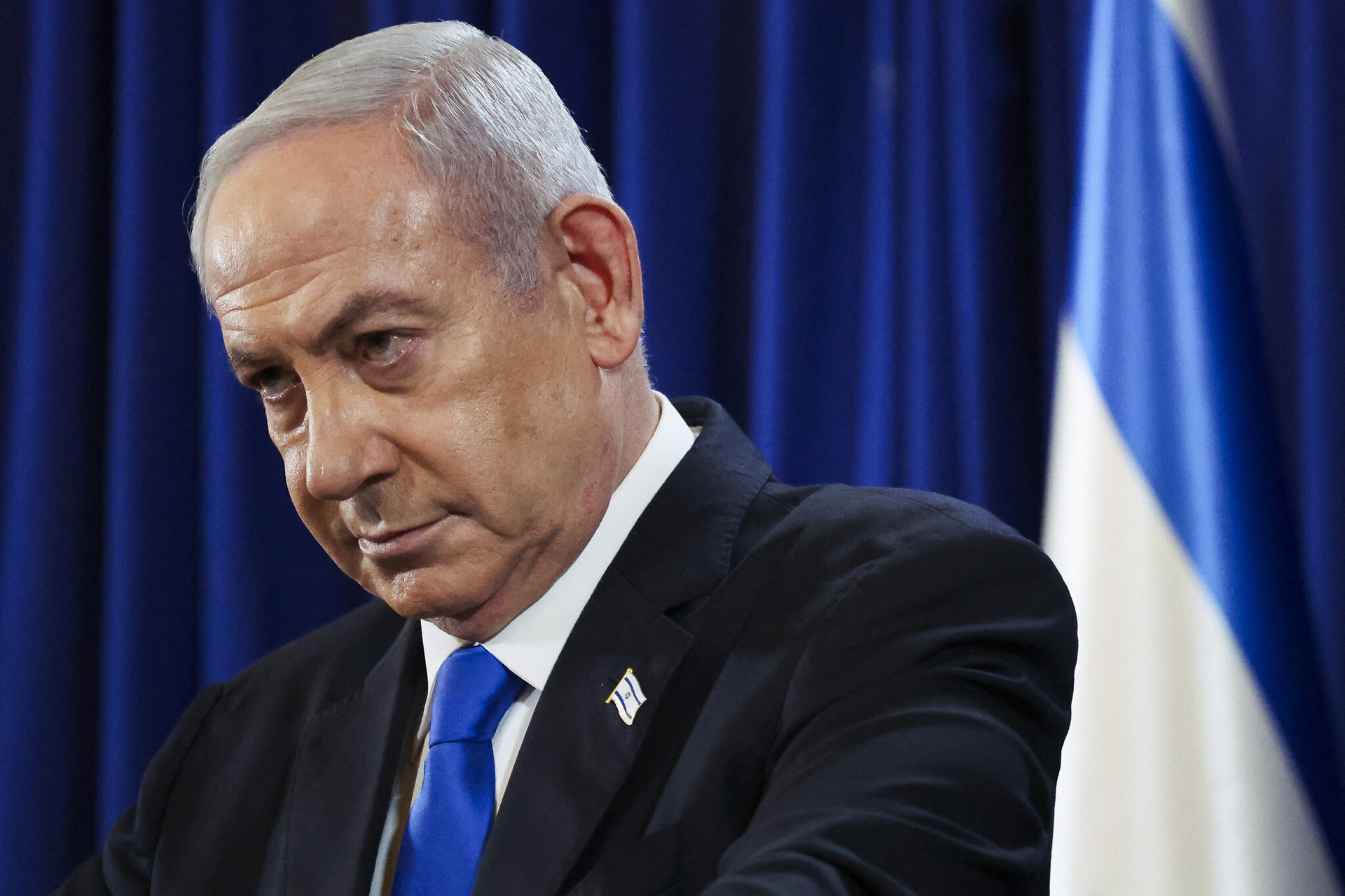
Israeli Prime Minister Benjamin Netanyahu has assured U.S. President Joe Biden that upcoming Israeli military strikes will focus on Iranian military infrastructure, avoiding sensitive nuclear and oil facilities, according to a report from The Washington Post published Monday.
Two anonymous officials, including one from the U.S., confirmed that Netanyahu made the assurance during a phone call with Biden last week. This pledge comes as Israel prepares to retaliate against Iran for a ballistic missile strike earlier this month, which Tehran described as a response to the killing of two prominent figures linked to Hamas and Hezbollah.
The missile strike, which occurred on Oct. 1, followed a series of escalating attacks between Israel and Iran. Tehran said the strike was in retaliation for the assassination of Hamas' former political leader in Tehran in July and Hezbollah's longtime leader, Hassan Nasrallah, in Beirut last month. These incidents have fueled ongoing tensions between the two nations, with tit-for-tat attacks becoming more frequent in recent months.
The conflict first intensified in April when Israel bombed Iran’s embassy in Damascus, Syria, resulting in the deaths of senior Iranian military officials. Iran responded with a barrage of drone and ballistic missile strikes on Israel, most of which were intercepted by Israel and its allies, including the U.S.
Israel’s planned retaliation comes just weeks ahead of the Nov. 5 U.S. presidential election, raising concerns about the timing of the strikes. One official, whose nationality was not disclosed, indicated that Israel is attempting to avoid any perception of interference in the U.S. elections. The official highlighted the potential for global disruptions if Israeli strikes were to target Iran’s oil infrastructure, which could lead to a spike in oil prices, or its nuclear sites, which could prompt significant escalation from Tehran.
However, the official noted that delaying the strikes any further would be seen as a sign of weakness by Iran, and suggested that the operation would take place before the U.S. election. “It will be one in a series of responses,” the official said.
During the call with Biden, Netanyahu appeared to take a more measured stance, according to a U.S. official. This moderation played a role in Biden’s decision to send additional military support to Israel. On Sunday, the Pentagon announced the deployment of a THAAD air defense system to Israel, along with 100 U.S. troops to operate it. This move, according to Pentagon spokesperson Maj. Gen. Pat Ryder, is part of broader U.S. efforts to strengthen Israel’s air defense capabilities and protect American forces from potential attacks by Iran or Iranian-aligned militias.
The Pentagon’s statement underscored the U.S.'s "ironclad" commitment to Israel’s security and emphasized that the deployment reflects adjustments the U.S. military has made in recent months to bolster Israel’s defense against threats from Iran.